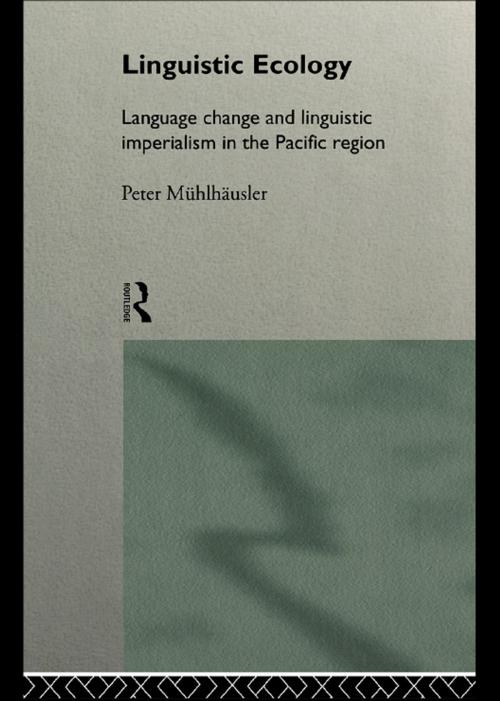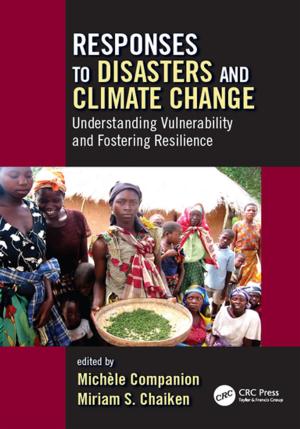Linguistic Ecology
Language Change and Linguistic Imperialism in the Pacific Region
Nonfiction, Reference & Language, Language Arts, Linguistics| Author: | Peter Mühlhäusler | ISBN: | 9781134934881 |
| Publisher: | Taylor and Francis | Publication: | November 1, 2002 |
| Imprint: | Routledge | Language: | English |
| Author: | Peter Mühlhäusler |
| ISBN: | 9781134934881 |
| Publisher: | Taylor and Francis |
| Publication: | November 1, 2002 |
| Imprint: | Routledge |
| Language: | English |
In this book, the author examines the transformation of the Pacific language region under the impact of colonization, westernization and modernization. By focusing on the linguistic and socio-historical changes of the past 200 years, it aims to bring a new dimension to the study of Pacific linguistics, which up until now has been dominated by questions of historical reconstruction and language typology. In contrast to the traditional portrayal of linguistic change as a natural process, the author focuses on the cultural and historical forces which drive language change. Using the metaphor of language ecology to explain and describe the complex interplay between languages, speakers and social practice, the author looks at how language ecologies have functioned in the past to sustain language diversity, and, at what happens when those ecologies are disrupted. Whilst most of the examples used in the book are taken from the Pacific and Australian region, the insights derived from this area are shown to have global applications. The text should be useful for linguists and all those interested in the large scale loss of human language.
In this book, the author examines the transformation of the Pacific language region under the impact of colonization, westernization and modernization. By focusing on the linguistic and socio-historical changes of the past 200 years, it aims to bring a new dimension to the study of Pacific linguistics, which up until now has been dominated by questions of historical reconstruction and language typology. In contrast to the traditional portrayal of linguistic change as a natural process, the author focuses on the cultural and historical forces which drive language change. Using the metaphor of language ecology to explain and describe the complex interplay between languages, speakers and social practice, the author looks at how language ecologies have functioned in the past to sustain language diversity, and, at what happens when those ecologies are disrupted. Whilst most of the examples used in the book are taken from the Pacific and Australian region, the insights derived from this area are shown to have global applications. The text should be useful for linguists and all those interested in the large scale loss of human language.















